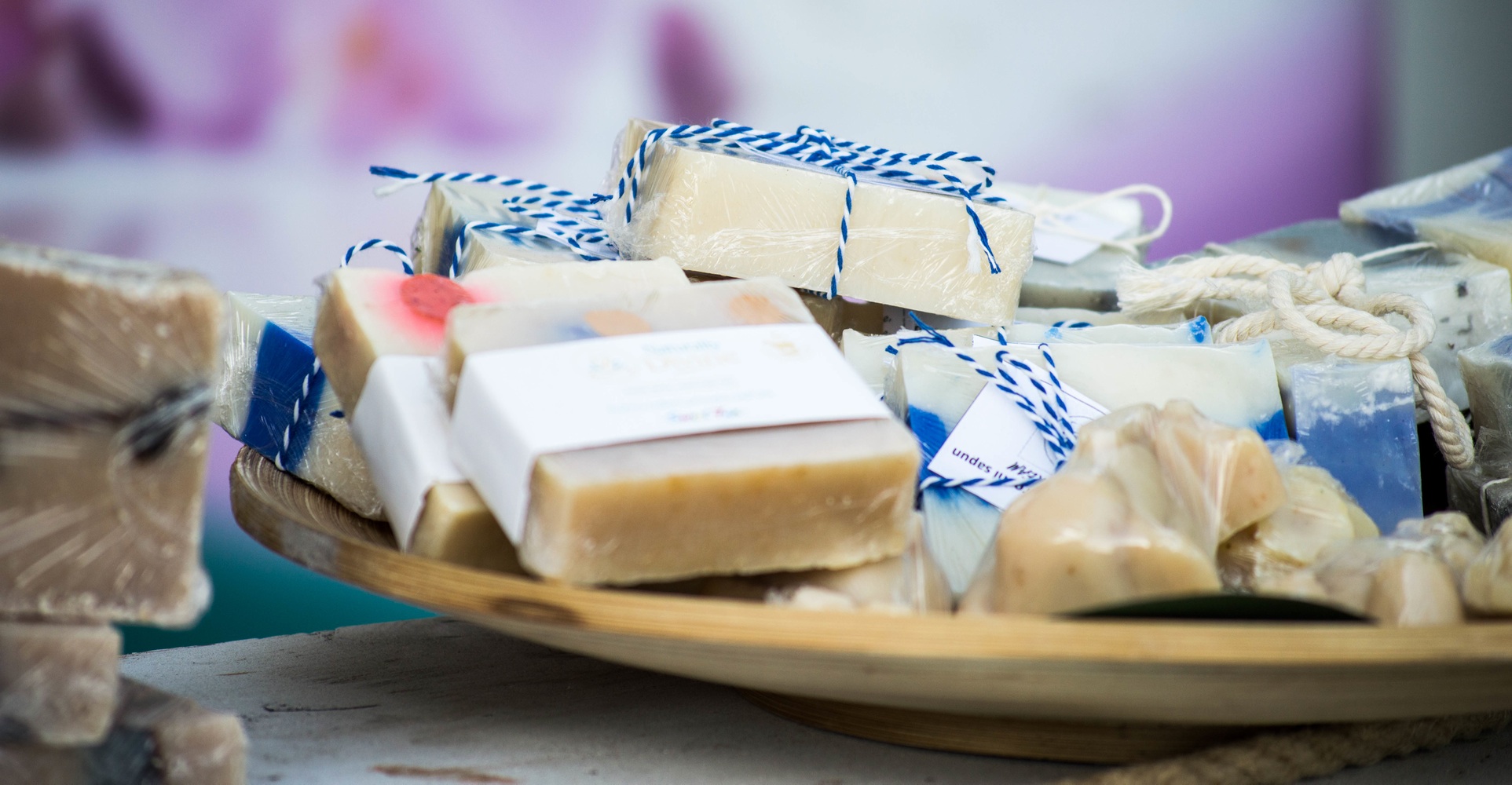For consumers, the word ‘free’ is often a good thing. You could get free items, some branded, and services for, well, nothing.
For business owners, the word ‘free’ is often linked to publicity. Some strike it gold when a seemingly simple endorsement from a blogger is read by his multitude of followers or when a short but share-worthy Facebook post by a consumer goes viral.
New businesses on the block are often seen giving away free stuff during trade shows, community events and even charity events. For business owners, free comes with a price. Besides, it is not really ‘free’ for them since they have allocated a budget to give potential consumers free stuff. This makes many business owners wonder if giving away free stuff is worth its price.
Still, giving free promotional items to your target audience is a good way to get your product and business information out there. Here are some reasons why giving away free stuff works:
Great way to test a new product.
While many people are often open to the idea of trying something new, you will also find that most people are not overly optimistic in paying for something they have no assurance that will work, especially for premium products and services.
Giving away free samples of your product or discount brochures for your services is a good way to get your consumers to try it without fear of paying a considerable amount for something they might not like. If it proves satisfactory, you just got yourself a new costumer. In time, when first-time consumers get hooked, they will gladly pay the price to continue using it.
For instance, take the matcha craze. The powdered green tea from Japan has been around a long time and the craze made everyone ecstatic in Hong Kong. Singapore took a while to embrace matcha but soon, it became an “IT” ingredient and became an expensive staple in many cafes and restaurants. One food blogger even created a list of top 20 matcha desserts in Singapore.
Tip: If you’re starting a new business in Singapore, it would be advisable to set aside a small marketing budget to produce promotional items for the holidays. Market it as a free gift from your brand.
Long-term recall.
In a 2004 study conducted by L.J. Market Research, they found that 71 percent of the random business travelers they interviewed have received some sort of promotional products in the past 12 months. What impressed the researchers most was that 33% of the business travelers who received free items still had the item with them.
Think of the possibility, most of the people are probably using the item and every time they do, they are reminded of who gave it to them or where they got it from. This instant and consistent brand recall is gold mine for brands and marketers.
TV and radio advertisements are grounded by their airtime. Print advertisements typically have a shelf life of one day. But promotional items with your brand name on it, even if it’s just a pen, keeps its power for a long period of time.
Tip: Think of a promotional item you can give to customers this holiday season that is more than just decorative. Companies that specialize in branded corporate gifts are pretty popular during the holidays
The Law of Reciprocity works.
The ‘Law of Reciprocity’ tells us that when you give a person something for free, be it a service or a product, they will feel some sort of urge to return the favor by either buying your product or encouraging other people to buy it. In simple words, the norm tells us that when you do something for someone, an average person is expected to do something as a ‘return favor’ to express their gratitude.
While business owners can’t expect everyone to have the same mindset, you will find this Law peppered in many business blogs as one of the marketing strategies that do work. One favorite example is how the religious organization Hare Krishna raised millions of funds in the 1960s and 70s by giving a small gift to strangers – a small wooden umbrella – in exchange for a small donation for their organization. Even though some people threw the wooden umbrellas in the trash, their followers scooped them out and used the same ones to get donations from others. Regardless of religious beliefs and causes, it was one of the best example of the Law of Reciprocity at work.
Tip: Set aside a small budget to raffle off discounted vouchers during the holidays. Give your customers the option to transfer the vouchers to friends. It is the holidays, after all.
Good way to convince new customers of your added value.
People are more skeptical nowadays so whatever you decide to give away for free, it has to break free from the cloudy judgment of being too good to be true. Don’t go overboard by giving away a premium item that costs more than your product or service. Look for something that has value to the potential customer.
Tip: If you’ve just set up a new bookstore in Singapore, why not give away free holiday-themed wrappers for your customer? This way, they can think of buying books as holiday gifts.
Are you ready to launch your business in Singapore? Give us a call today so we can help you get started.









